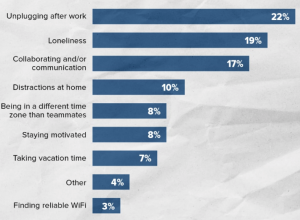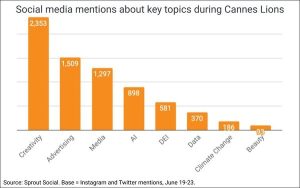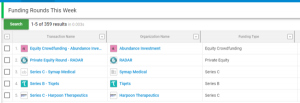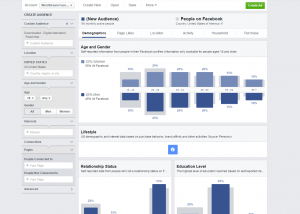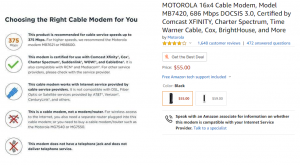
Understanding the differences between Google AdWords and Facebook is crucial to marketing success.
Google is the unquestioned king of search engines, and Facebook is the most popular social media platform in the world. While it’s important to invest in your marketing efforts wisely, don’t conflate how these two giants operate. People generally use Google and Facebook for very different reasons, and it’s important to recognize that your tactics for generating traffic on one platform may not work on the other.
Awareness and Intent
Think of the purpose behind Google: people want to know more about something so they search for answers. There is a motive or intent behind every Google search, whereas Facebook curates ads and sponsored content based on users’ apparent interests. Marketers must approach these platforms differently to make valuable connections. When tailoring a strategy to Google, the goal should be to answer very specific questions. For Facebook, it’s more about casting a larger net to a wider audience.

Precision Targeting vs. Wide Appeal
Google accounts for nearly 70% of all online searches, and the sheer number of daily searches means marketers have to tailor their paid ads and keywords very thoughtfully. Google AdWords also hinges on the ability to empower your search result rankings through various channels, such as your content, site update schedule, keywords, link history, and various others. If you update your website frequently with valuable, high-quality content, Google will boost your rank in search results.
Tailoring keywords, key phrases, keyword density, and various other search patterns is a constantly changing game. Search engine optimization (SEO) can be tricky, but it is imperative that you never dabble in “black hat” SEO tactics. Attempting to manipulate search engine algorithms typically results in a penalty and Google is very unforgiving of suspended accounts. Google AdWords may reach a wider audience, but getting the results you want will depend on your SEO capabilities. Social media requires a more personalized touch.
The Social Media Effect
Facebook wasn’t originally built for marketing, but it has quickly become one of the most powerful advertising platforms in existence. Social media offers people an easy way to connect and share things with one another despite increasingly busy schedules, and brands can use the inherent personal atmosphere of social media to make meaningful connections.
If people have good experiences with a brand, they will typically recommend the brand to their friends. Word-of-mouth advertising has always been a powerful marketing asset, and Facebook makes it even more effective.

Using Both to Your Advantage
Facebook Ads and Google AdWords are too valuable to ignore, so it’s going to take some experimentation to determine how much of an investment you should make in each. Facebook is all about catching people’s attention amid an endless scroll of content. Google AdWords demands careful attention to detail and answering specific questions for searchers.
Ultimately, success with Facebook Marketing and Google marketing hinges on the ability to tailor your content. Sites with relevant, valuable content rank better in Google searches. Facebook offers powerful targeting to help you reach a broad audience. Experimentation will tell you which one demands more of your brand’s attention over time, but both should play a role in your marketing strategy for maximum visibility.
Digital & Social Articles on Business 2 Community(77)

